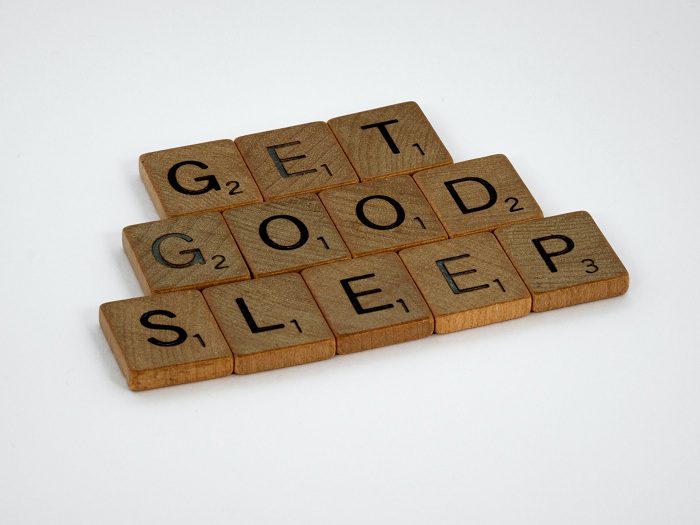Sleeping is a crucial part of staying healthy, and researchers are always searching for ways to support that.
A recent study, however, found that getting more sleep isn’t always beneficial. Such a thing might come as a surprise for some, while others might get a bit confused.
How much should we actually sleep?
Here is what you need to know.
Extra Sleep Pros and Cons Backed by Science
For the new study, a team of scientists from India surveyed 452 low-income workers in Chennai for a month. As previously said, the findings are pretty much intriguing.
The team discovered that an afternoon nap was better than an extra hour of sleep overnight. The participants had very disrupted night-time sleep.
How did the team come across such results?
Study insights and other findings
The scientists used actigraphs (some small, wearable motion sensors that track sleep cycles) to measure the participants’ sleep patterns.
Did you know: Actigraphs are really great tools that can monitor people’s sleep right in their homes.
Next, the team asked the participants to sleep for nearly an additional half-hour/ night, on average.
Frank Schilback, an economist from the Massachusetts Institute of Technology (MIT), explained:
“To our surprise, these night-sleep interventions had no positive effects whatsover on any of the outcomes we measured,”

The outcomes comprise productivity, well-being, cognition, and decision-making. Also, how much the participants worked on average decreased, most likely due to the extra time in bed.
So, after a month, the participants stayed an additional 38 minutes/ night in bed, meaning an extra 27 minutes/ night of actual sleep.
That little sleep efficiency would prevent the more extensive and more restorative type of sleep that can be beneficial to overall health.
Previous studies found that not getting enough sleep triggered the risk of dementia. Of course, there are still many things to figure out about the ‘right’ amount of sleep beneficial to our health.












Leave a Reply